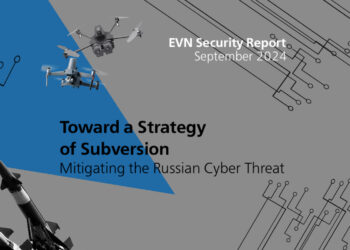The Quartet and Securitized Minilateralism: France, India, Poland and Armenia’s New Security Paradigm
What mutually beneficial foundations could bring France, India, Poland and Armenia together in a security alliance, and what might such a quartet mean for Armenia’s security architecture? To explore this, Nerses Kopalyan introduces the concept of securitized minilateralism.











